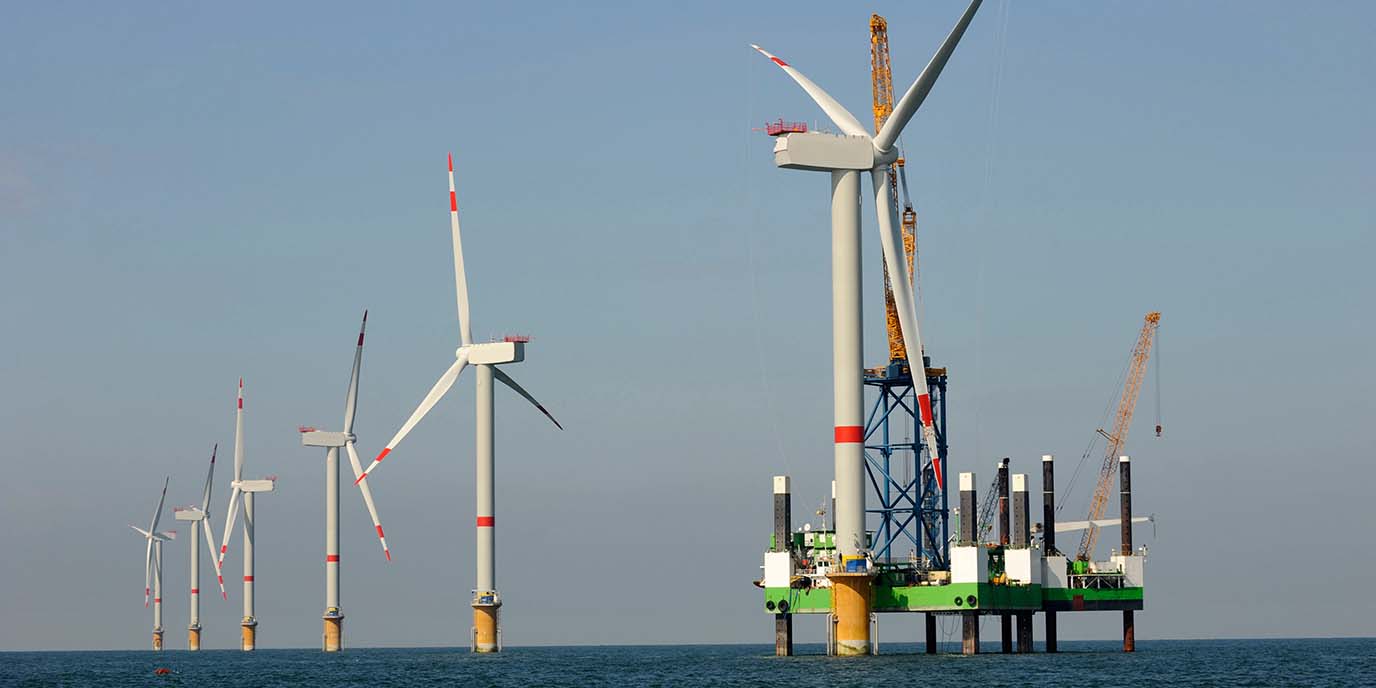Windfarms at sea are increasingly responsible for the production of electricity. Expectations are that offshore windfarms will account for 14% of the total energy demand in the European Union by 2030. For that purpose, over 200 billion euros will have to be invested in this sector in the next fifteen years. In 2030, it will employ a staggering 50,000 people. The sector is developing rapidly, in particular in the northern part of the Netherlands. Various parties, including the province of Groningen, are promoting the case for wind energy and are investing a great deal of money in this source of energy.
Although major progress is being made in the offshore wind sector, significant cost reductions are still needed. In fact, various offshore windfarms are dependent on subsidies. Maintenance of the windmills, in particular, is a major expense. After all, it is far more difficult at sea than it is on the mainland to get the required amount of people and resources to the right place at the right time. Just think of the cost of a hotel vessel required to accommodate maintenance personnel. Besides that, maintenance is often not possible because of the weather. If the wind force is greater than force 3, work up the masts is already very difficult. Finally, sustainability is becoming increasingly important with regard to proper logistic decision-making, not least where an energy source is concerned which bears the label 'green energy'.
New concepts, models and tools
The University of Groningen's Centre for Operational Excellence (COPE) has started a five-year research project into the service logistics relating to offshore windfarms. With the help of no fewer than twelve businesses and organisations, the researchers will develop new concepts, models and tools which will contribute to a reduction in logistic costs. Besides that, the research will bring about a positive effect on sustainability. Apart from the cost savings mentioned above (profit), improved maintenance planning and smarter logistics will help reduce CO2 emission (planet) and risks for maintenance staff (people).
While there is a significant concentration of know-how in the field of service logistics within the University of Groningen, it is mainly focused on the process industry and gas production in the province of Groningen. Based on scientific research, these skills and expertise in this research project will be increased in order to be able to answer questions about the best possible logistic infrastructure, the best possible inventory levels for spare parts and the most efficient transport planning.
Mathematical calculation models will not be able to answer all questions, though. All service providers involved will have to work together and consolidate their logistic flows to be able to reduce logistic costs considerably. Part of the research will therefore focus on setting up adequate partnerships and creating the confidence between all those involved which is required for that purpose.


